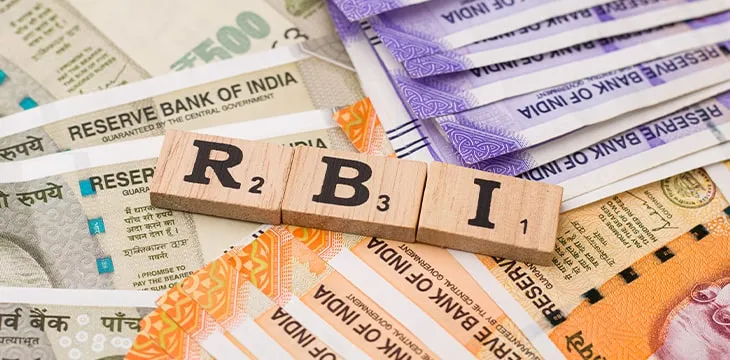|
Getting your Trinity Audio player ready...
|
Ajay Kumar Choudhary, executive director of fintech at the Reserve Bank of India (RBI), has reiterated that the central bank is committed to the process of executing the rollout of the digital rupee.
The executive made the remark while delivering a keynote address at the ‘PICUP Fintech Conference & Awards’ organized by the Federation of Indian Chambers of Commerce & Industry (FICCI), according to The Hindu report. Choudhary stated that the RBI would leverage the Union Budget 2022-23 that gives legal backing to the CBDC to implement it in a phased manner for wholesale and retail segments.
“The RBI is also working on phased implementation of a central bank digital currency (CBDC) in both wholesale and retail segments,” he said.
Choudhary also commended the fintech industry players for their contribution to the uptake of digital payments in India and reassured them of the central bank’s support during his speech.
The RBI first disclosed its plan to follow a step-by-step approach in launching the CBDC in its annual report published at the end of May. At the time, it listed it as one of its major objectives for the fiscal year, setting a timeline for a pilot launch to be early 2023.
The resolution of the RBI was again confirmed by the deputy governor of the RBI, T. Rabi Sankar, who noted that the approach is to ensure that there is no disruption of the financial and banking system.
India more bullish on CBDCs than digital assets
While many countries are still looking at what the benefits of digital assets will be, India has been showing a marked preference for them over private digital assets. Several comments from government officials, including Sankar, have highlighted this.
During a webinar hosted by the International Monetary Fund (IMF), Sankar shared the opinion that CBDCs can kill off digital currencies. He maintained that private digital currencies do not have any value as they are not backed by any government, but CBDCs will have the backing of the central banks that issue them.
India’s regulations have also been tightening around the digital assets market. The tax regime the country introduced this year for digital assets has seen trading volumes and venture capital investment in the market drop off a cliff.
Despite India’s conviction on the beneficial prospects of CBDCs, not all observers are convinced of their importance. According to a Bloomberg report, London-based think tank the Center for European Reform warned the EU that CBDCs might turn out to be a costly waste of time for central banks.
The body says that in their current form, the state-backed digital currencies do not offer consumers any benefits they do not already enjoy from digital payments channels and hence may see poor adoption.
To learn more about central bank digital currencies and some of the design decisions that need to be considered when creating and launching it, read nChain’s CBDC playbook.
Watch: The BSV Global Blockchain Convention panel, Blockchain in Middle East & South Asia

 07-15-2025
07-15-2025 





